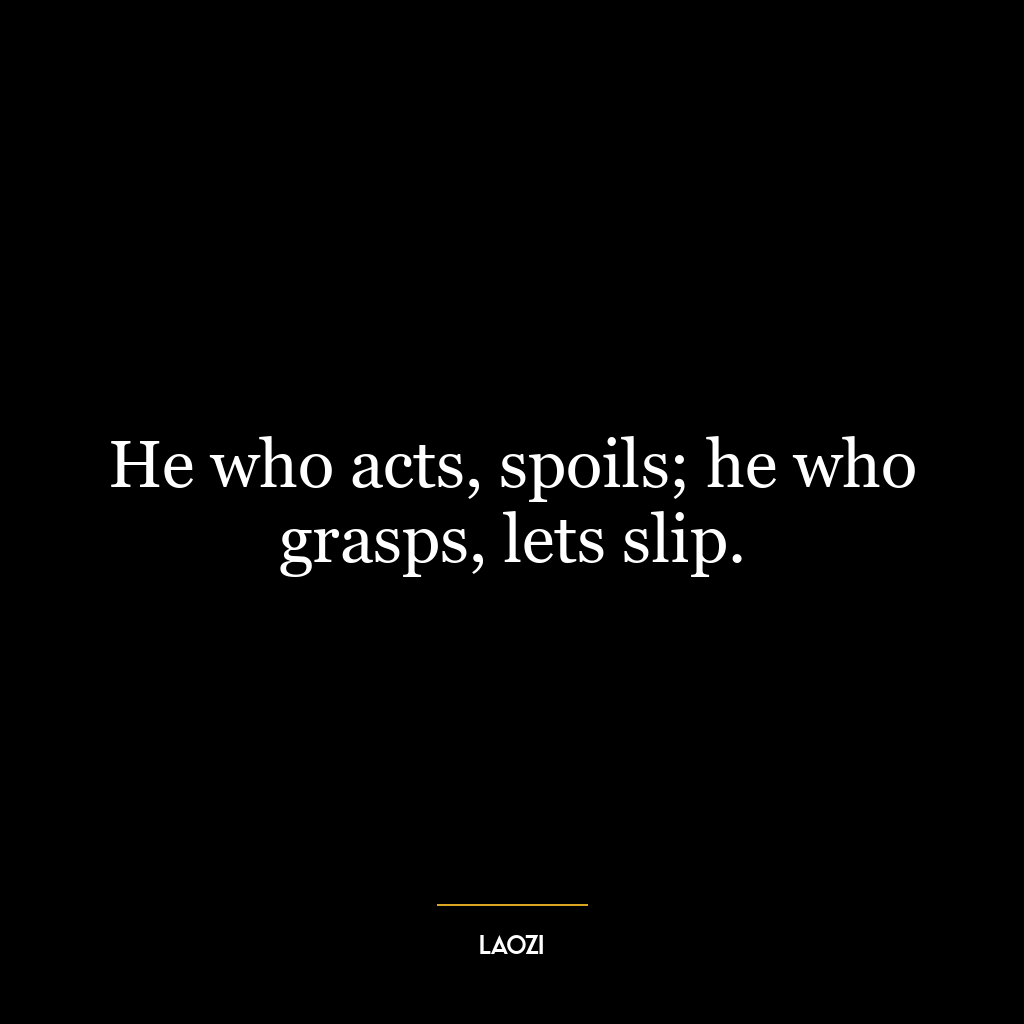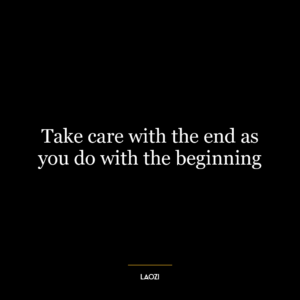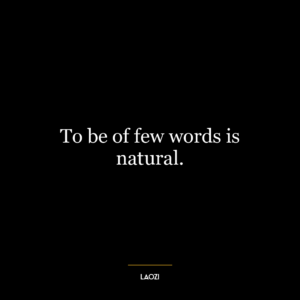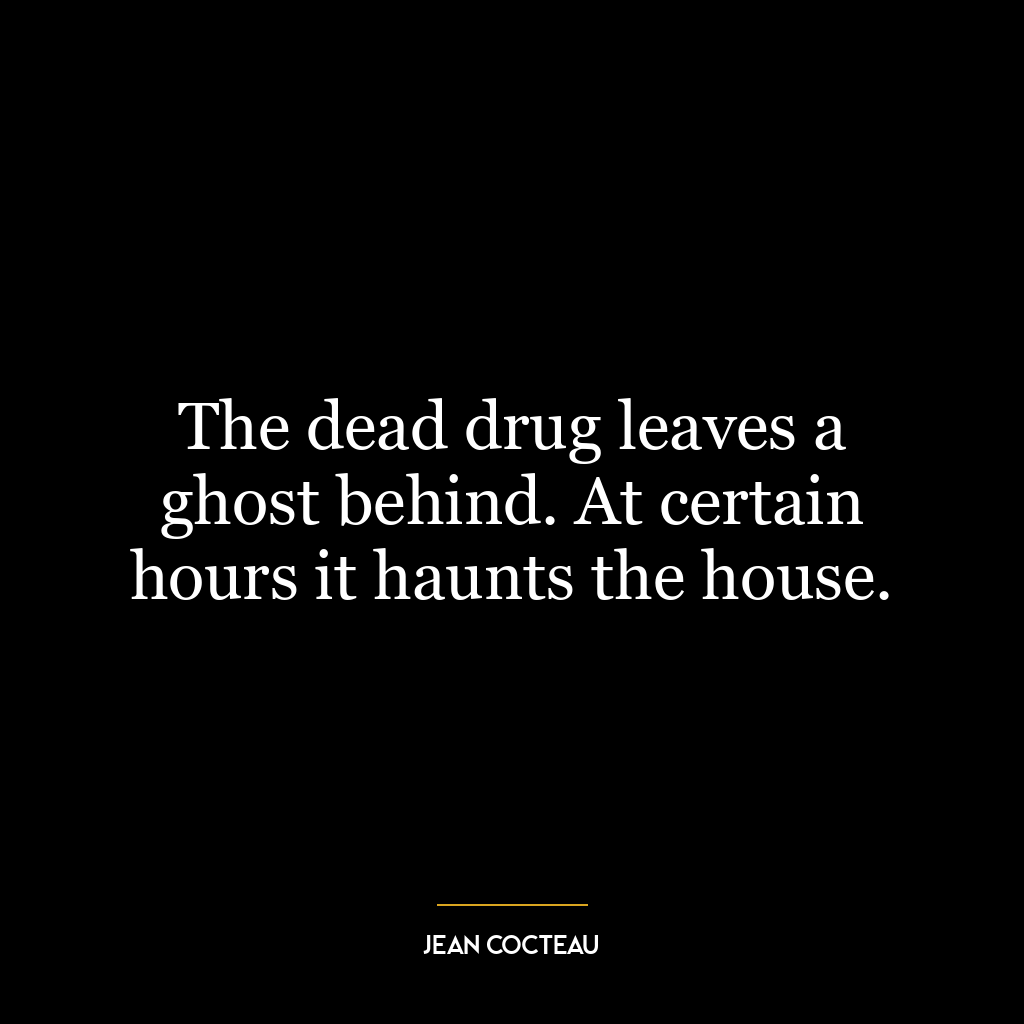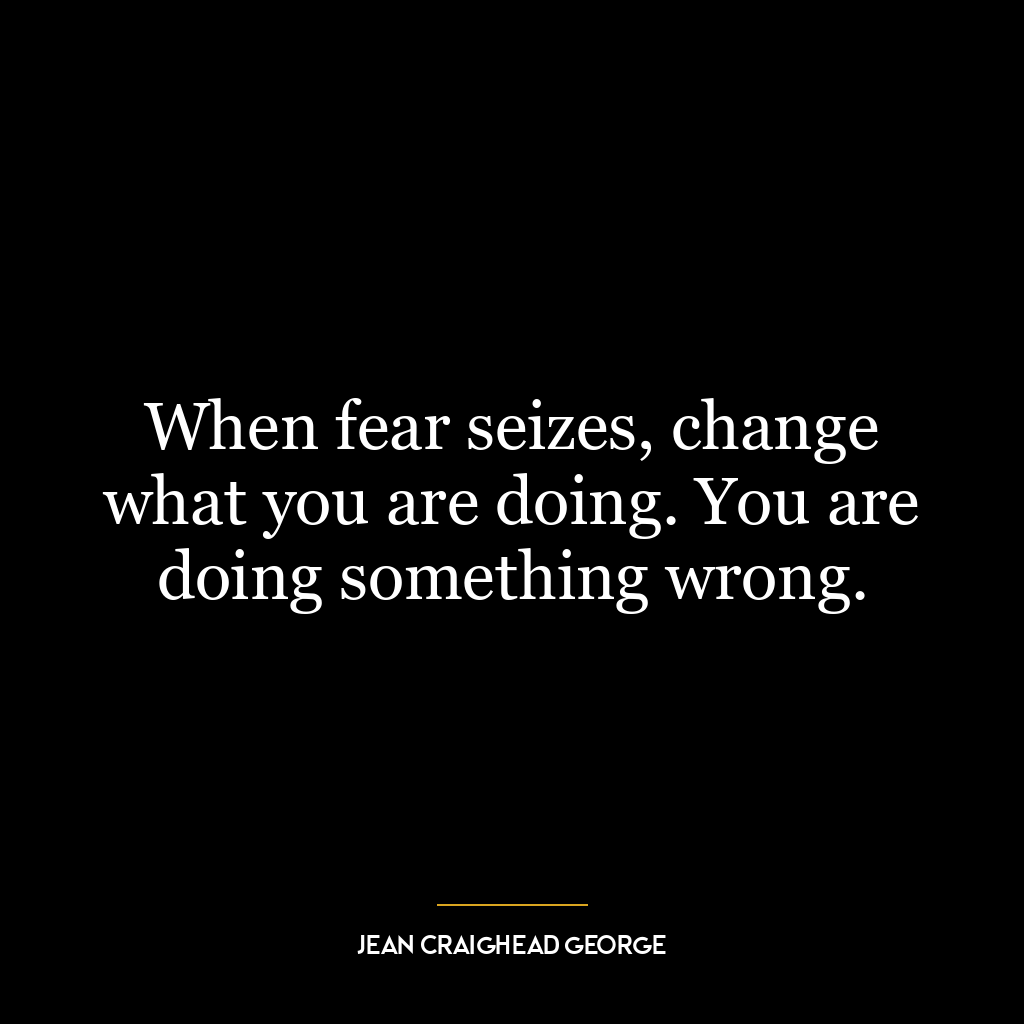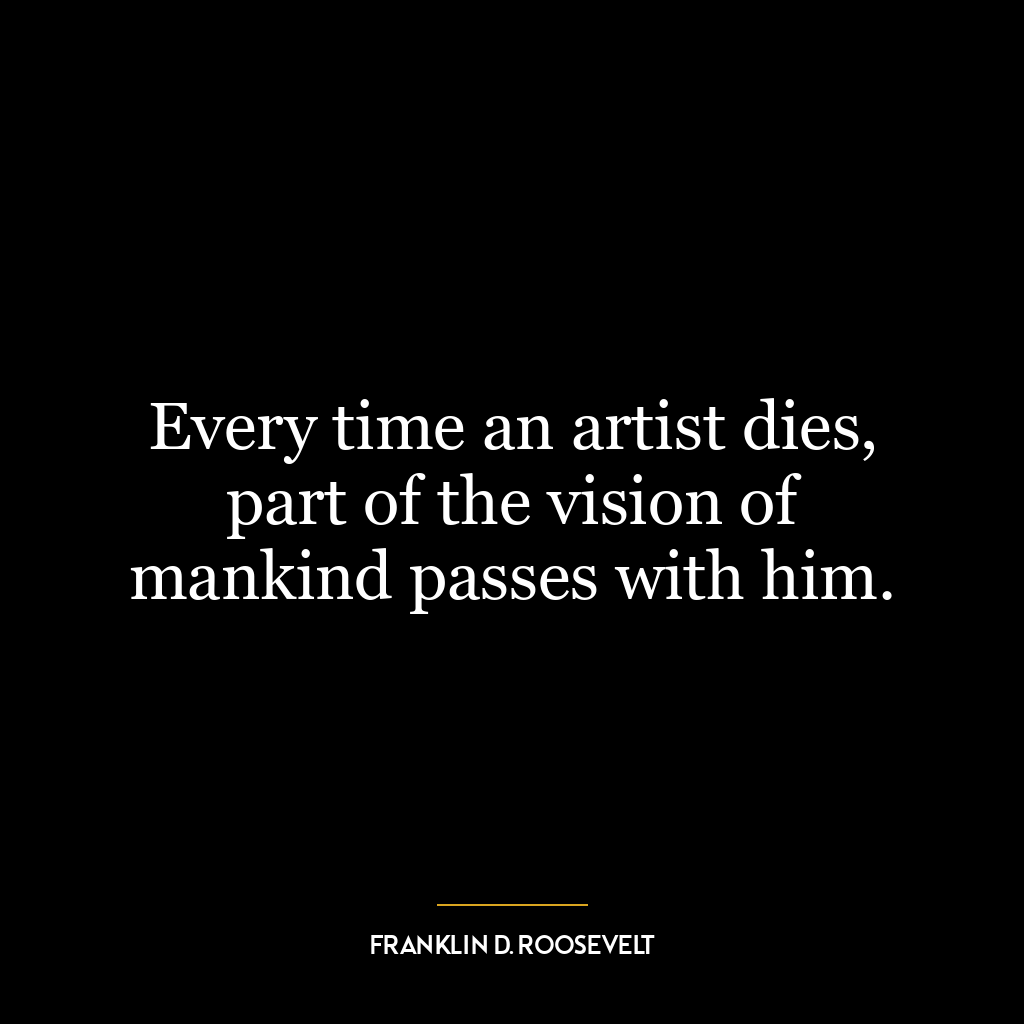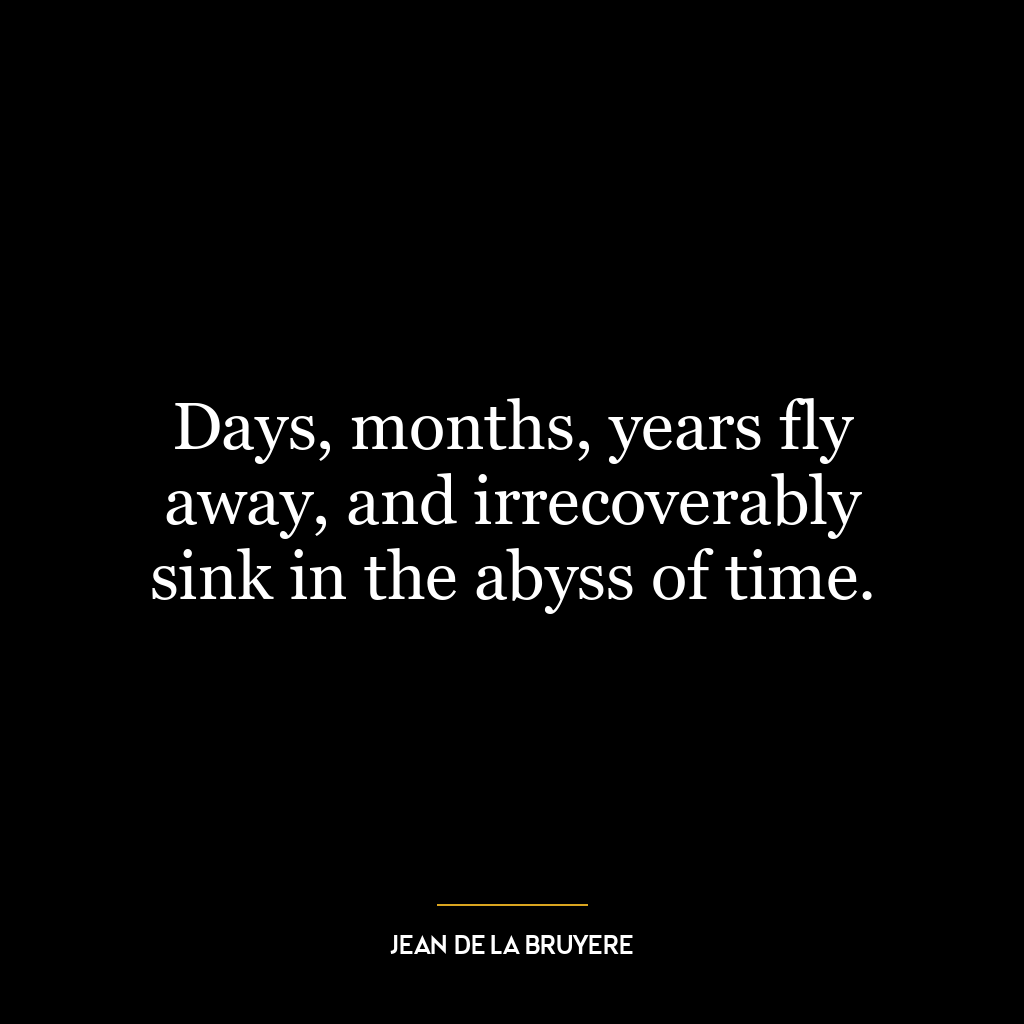He who acts, spoils; he who grasps, lets slip.
This quote emphasizes the concept of non-action or “wu wei” in Taoism, which is a key principle in the philosophy of Laozi. It suggests that the more we try to control or force things, the more we lose our grip on them. The first part, “He who acts, spoils” implies that excessive intervention or action can lead to negative consequences. This can be seen in over-watering a plant, over-coaching an athlete, or micromanaging an employee. The second part, “He who grasps, lets slip” suggests that the tighter we try to hold onto things, the more likely they are to slip away. This can be seen in relationships, where excessive control or possessiveness can push the other person away, or in business, where a company’s fixation on profits can lead to overlooking important factors like employee satisfaction or product quality, leading to eventual failure.
Applying this idea in today’s world or personal development, we can learn to relax our need for control and allow things to unfold naturally. This doesn’t mean we should be passive or not take action at all, but rather, we should take mindful, deliberate action without attachment to the outcome. For instance, in a job, instead of obsessing over a promotion, one can focus on doing their best work and growing their skills. In a relationship, instead of trying to control the other person, one can focus on being a loving and supportive partner. This approach can lead to a more balanced, stress-free life and often, better results, as we’re not spoiling things through over-action or letting them slip through over-grasping.

